Product information
4-HO-MET 21 MG pellets are conveniently packaged in strong, durable blisters.
4-HO-MET is sold for research purposes only and is therefore not intended for consumption. The stability of 4-HO-MET is maintained for up to 2 years when stored under proper conditions.
As 4-HO-MET is intended for research purposes only, it is of utmost importance to keep this product out of the reach of children and pets.
4-HO-MET, also known as Metocin, is a monoamine alkaloid and belongs to the lesser-known substances in the Tryptamine group. Tryptamine is found in plants, mammals and humans.
Properties of 4-HO-MET
- Synonyms: 4-hydroxy-N-methyl-N-ethyltryptamine; Metocin; 3-{2-[ethyl(methyl)amino]ethyl}-1H-indol-4-ol
- CAS number: 77872-41-4
- Formula: C13H18N2O
- Molecular weight: 218.3 g/mol
- Purity: ≥98%
What is 4-HO-MET?
4-HO-MeT, also known as 4-hydroxy-N-methyl-N-ethyltryptamine, is a research chemical that belongs to the group of synthetic tryptamine compounds and has similar psychedelic effects to other tryptamines, including the active ingredient in certain mushrooms. It binds to serotonin receptors in the brain, particularly the 5-HT2A receptor, leading to altered states of consciousness, perception and mood.
The origin of 4-HO-MeT is not fully known, but it was reportedly first synthesised in the 1960s by Alexander Shulgin, a chemist and pharmacologist known for his work on psychedelics. Shulgin noted that the compound had a similar chemical structure to psilocin, but with unique effects and characteristics.
Today, 4-HO-MeT is mainly used as a research substance and is not intended for human consumption. It is often used in studies on the effects of psychedelic substances on the brain and for the development of potential therapeutic applications.
The safety profile of 4-HO-MeT has not yet been fully assessed, but it is known for its potentially serious psychological effects, and its use may be risky. Being a synthetic compound, the long-term effects of its use on human health are not well known.
Hazard statements
- 4-HO-MET may cause respiratory irritation.
- 4-HO-MET may cause irritation in the eyes.
- The discharge of research chemicals into the environment is prohibited.
In case of contact with eyes:
- Rinse eyes gently with water for five minutes.
- Remove contact lenses if possible.
On contact with skin:
- Wash the skin with soap and water.
Upon inhalation of 4-HO-MeT:
- Take the victim to fresh air and ensure a comfortable breathing position.
| Number of pellets | 10 Pellets, 20 Pellets, 30 Pellets, 40 Pellets, 50 Pellets |
|---|

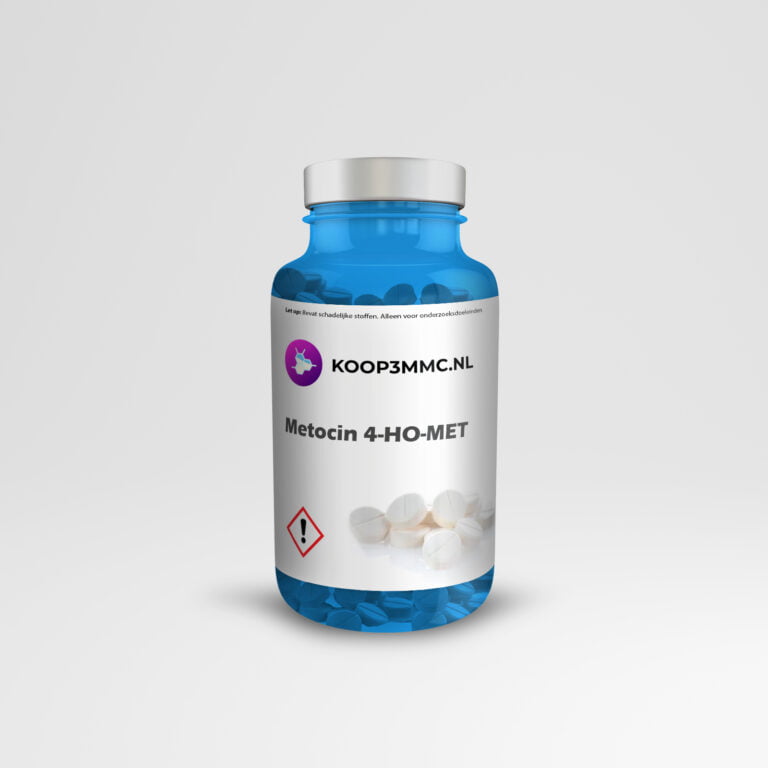
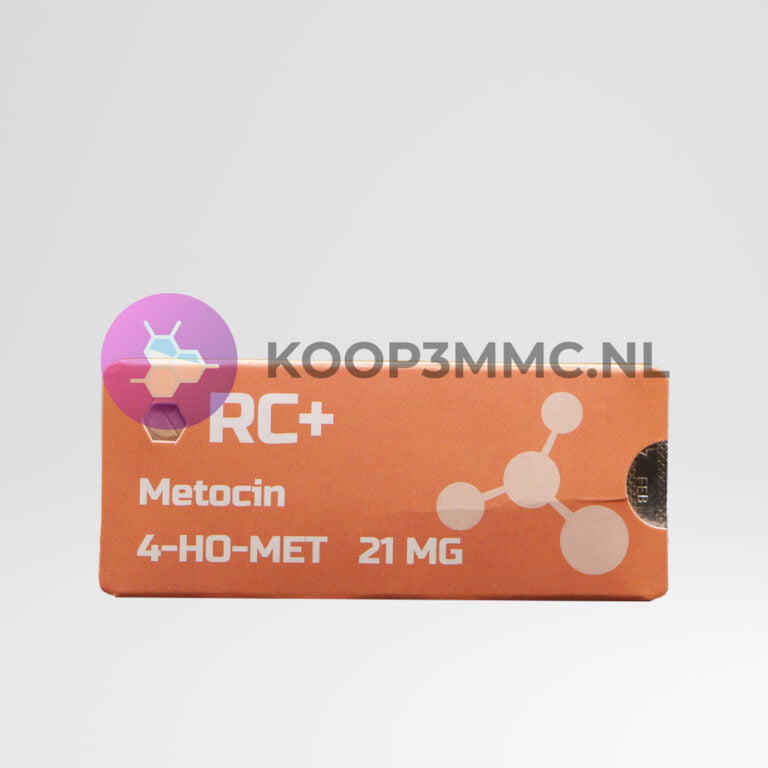
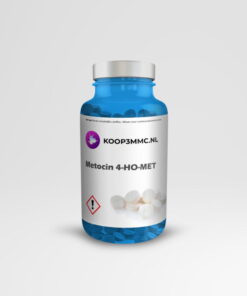
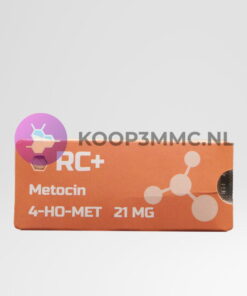
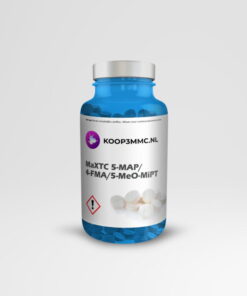
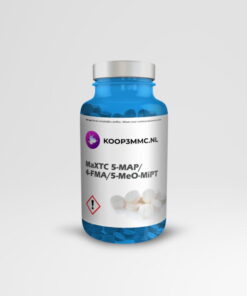
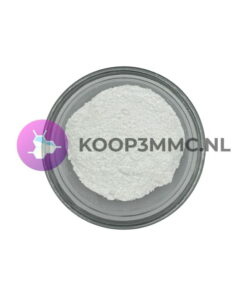
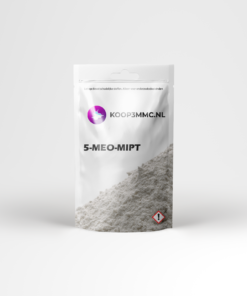
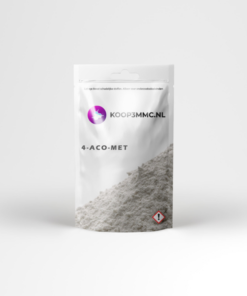
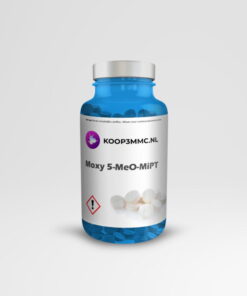
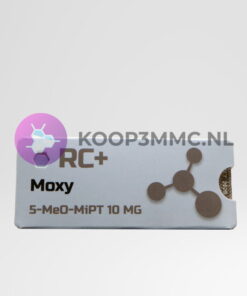
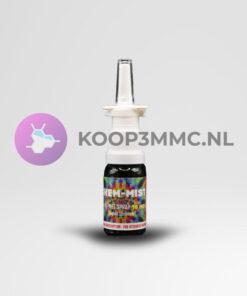
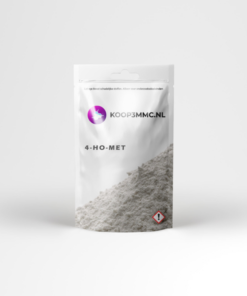
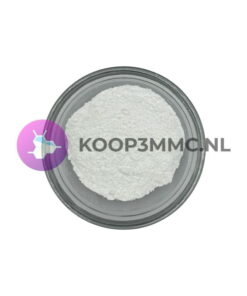
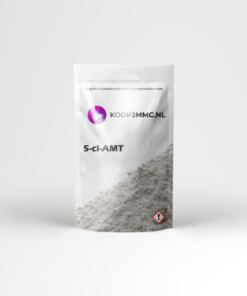
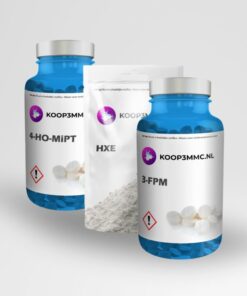
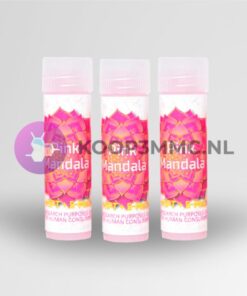
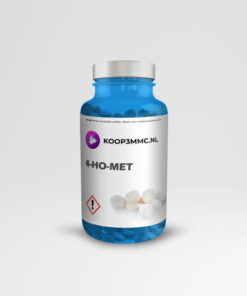


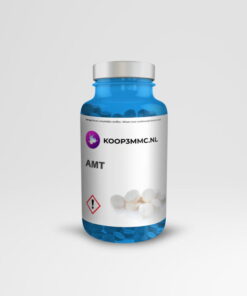
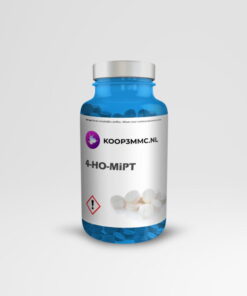
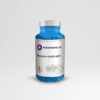
Reviews
There are no reviews yet.